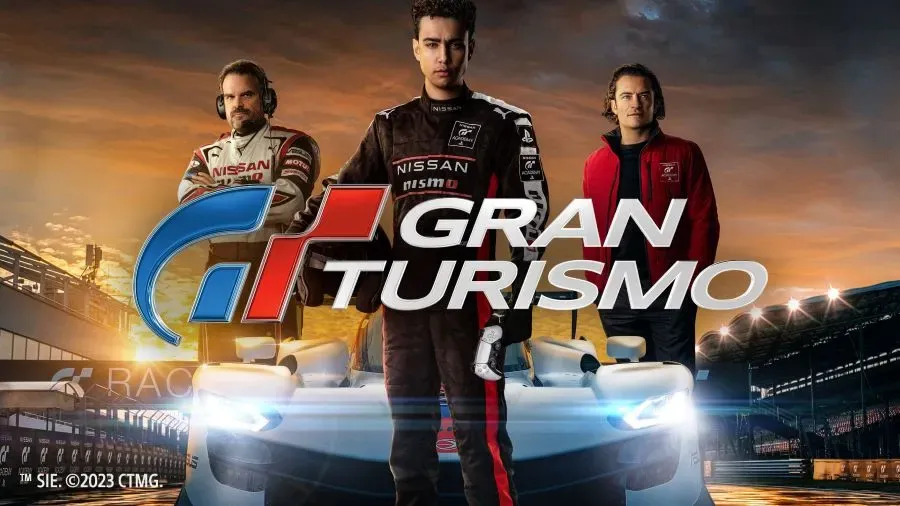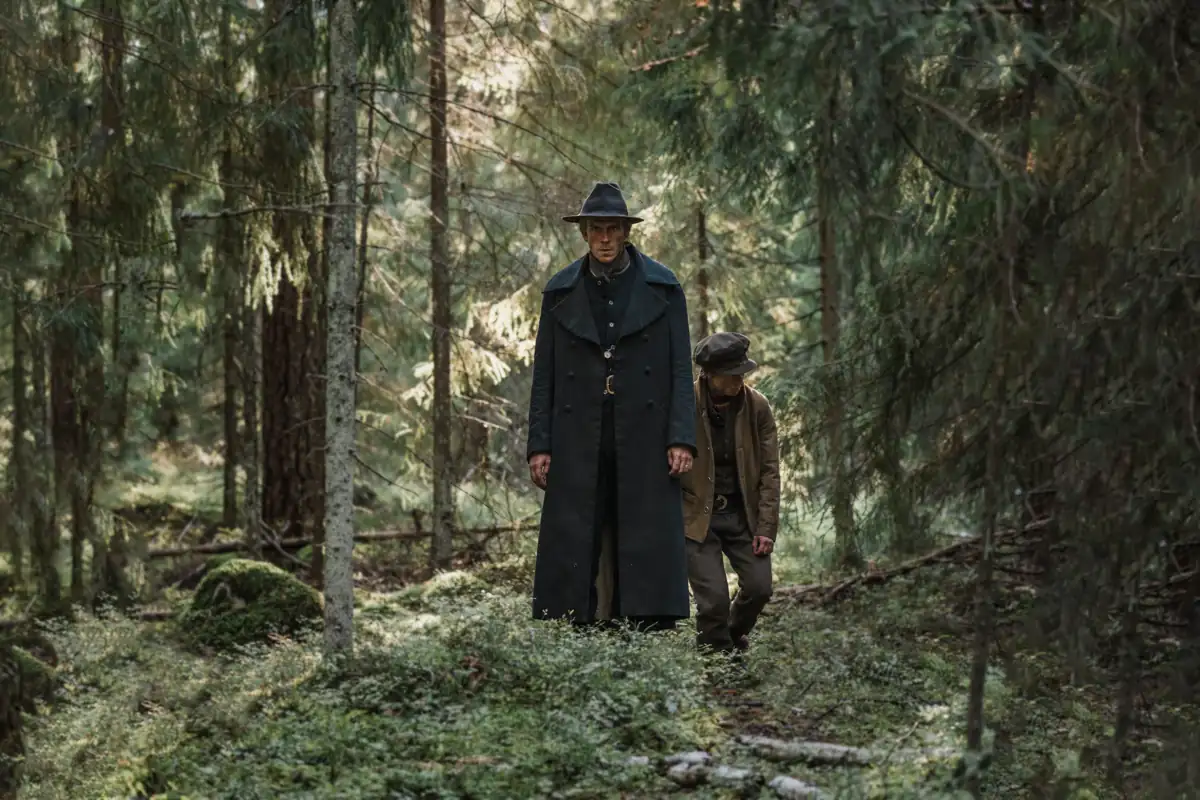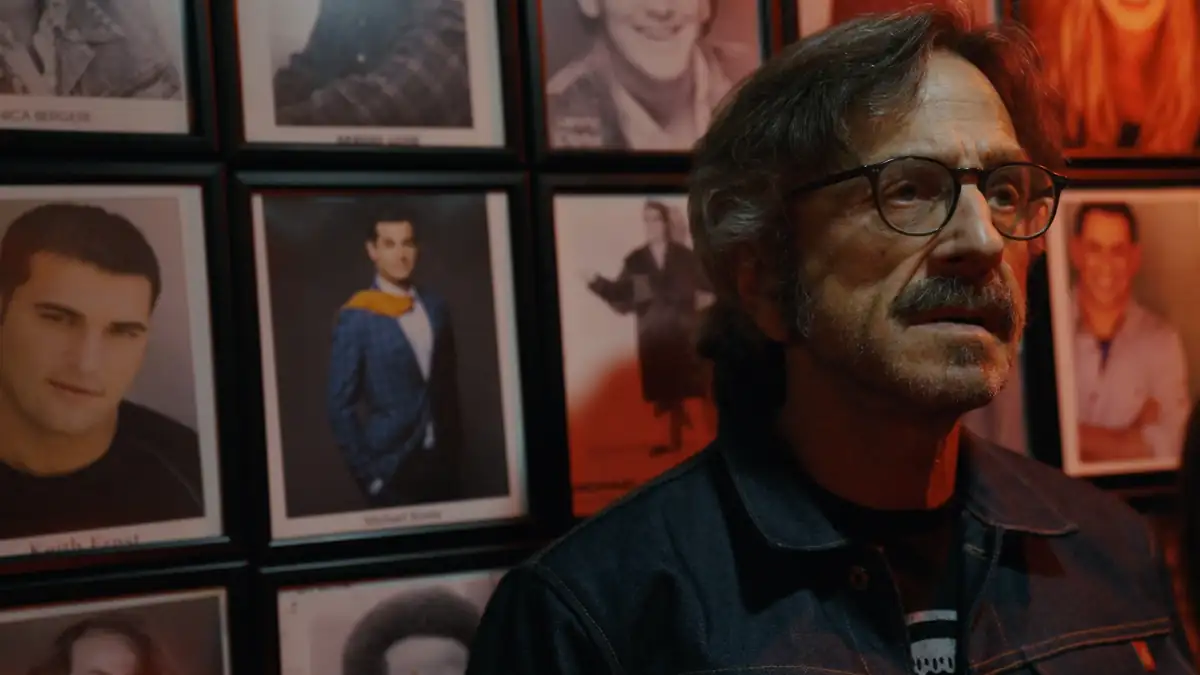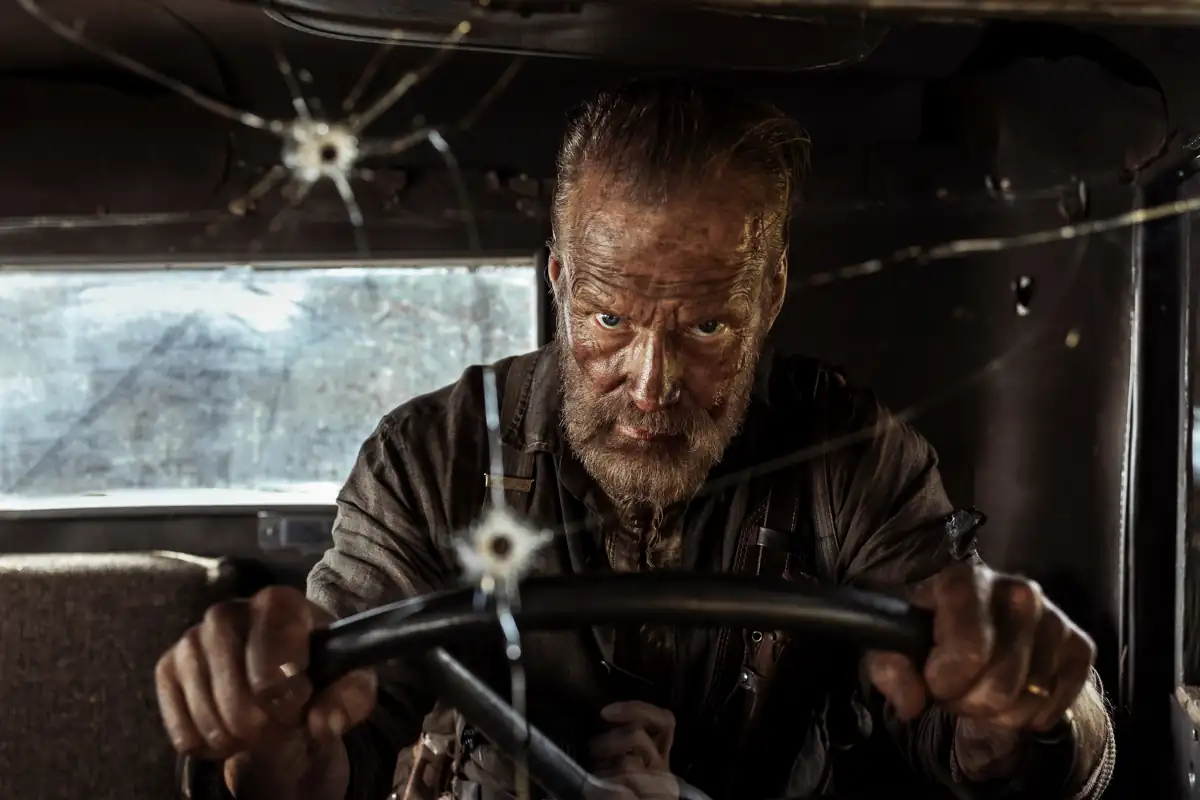I’m not a racing fan, but I love the Gran Turismo series.
Not because they’re accurate simulations, (by all accounts they are), but because they capture the emotional connection to driving better than anything else out there.
Consider the opening of the latest Gran Turismo installment. It opens with a lengthy history of racing, highlighting the people behind the cars, the drivers, and those who spent a lifetime perfecting their obsession.
When you open a new car in the game, it comes with a short portrait of the people who designed it. You learn not just about the ambition of designing a car that is fun to drive, but the romantic and idealized notions that led to every decision. A car is not just a car, it’s a way of expressing your love, longing, and dreams to the world.
Gran Turismo, the movie, is not about that. This is an odd choice since a lot of the dialog in the very unsubtle film talks about the importance of racing. But it’s always in distant, hackneyed terms that feel binary and condescending.
The marketing material sells the picture as a true story of Jann Mardenborough, and while the major beats are authentic and sensational, the majority is still a fairy tale.
That is always the case with “based on a true story” films. Anyone expecting anything resembling the truth is bound to be disappointed.
But there’s something particularly lifeless about Gran Turismo. It’s a cynical movie masquerading as a triumphant underdog story. Every element about it screams artifice, even as it paints Orlando Bloom’s deliciously evil marketing executive as the bad guy.
In truth, Mardenborough rose through a Gran Turismo publicity stunt into a real-world race car driver. That alone is a wondrous, astonishing story on its own. Despite this, Gran Turismo can’t help but embellish the story in tacky ways. Such as inserting cartoonish villains into opposing teams and dropping horrendously clunky dialog about how “there’s no reset button in real life”.
If this sounds familiar, it’s because it is the same dire marketing-driven pablum that powered the wasteland of game adaptations during the Aughts. It’s gamer talk by people who’ve never picked up a controller, who can’t help but look down on the very audience they’re pandering to.
The same attitude seeps into every other element of the film. It’s an advertisement for a video game that actively seeks to separate failure (gaming) from success (not gaming). Jann’s steadfast refusal to not be “just a gamer” becomes such a rallying cry that it feels unintentionally insulting.
Most of all, it’s history rewritten by poor winners. People who’ve already done something amazing, but who want to rebrand themselves as something even greater. To do so, Gran Turismo utilizes a real-world tragedy, where Mardenborough’s crash also caused the death of a spectator. The real accident came years into Mardenborough’s career. Here, it serves as a motivator for him to do better, and prove everyone else wrong.
It’s a distasteful and thoroughly misguided moment that hangs over the rest of the film.
Everything else is the bare minimum you’d expect from a sports film. There isn’t a single line of dialog with nuance or subtext. Everyone speaks in declaratives, and most of it feels like filler. The kind of text you leave in with the intent to come back later and clean it up with something else.
David Harbour does his level best in a nothing part, where most of his screen time is spent acting into a microphone.
I can see why Neill Blomkamp was chosen to direct Gran Turismo. He is a stellar visual storyteller, who understands the connection between humans and machines in a way few other working directors do. When he’s left to his devices, the results are often hugely entertaining and the only moments in an otherwise inert film that have any life to them.
But this is a film made by a committee. Every element of it feels like it’s gone through multiple focus groups to ensure brand fidelity. As such, it lacks the personality, the love, and the attention to detail that makes Gran Turismo great.
More than that, it doesn’t understand why people play games. It misses the point and the romanticism of experiencing things we can’t in real life. Instead, it treats the very nature of gaming as a failure. A diversion that only a few can rise beyond, and only if they’re very special, and only if they play the company-approved, trademarked products.













